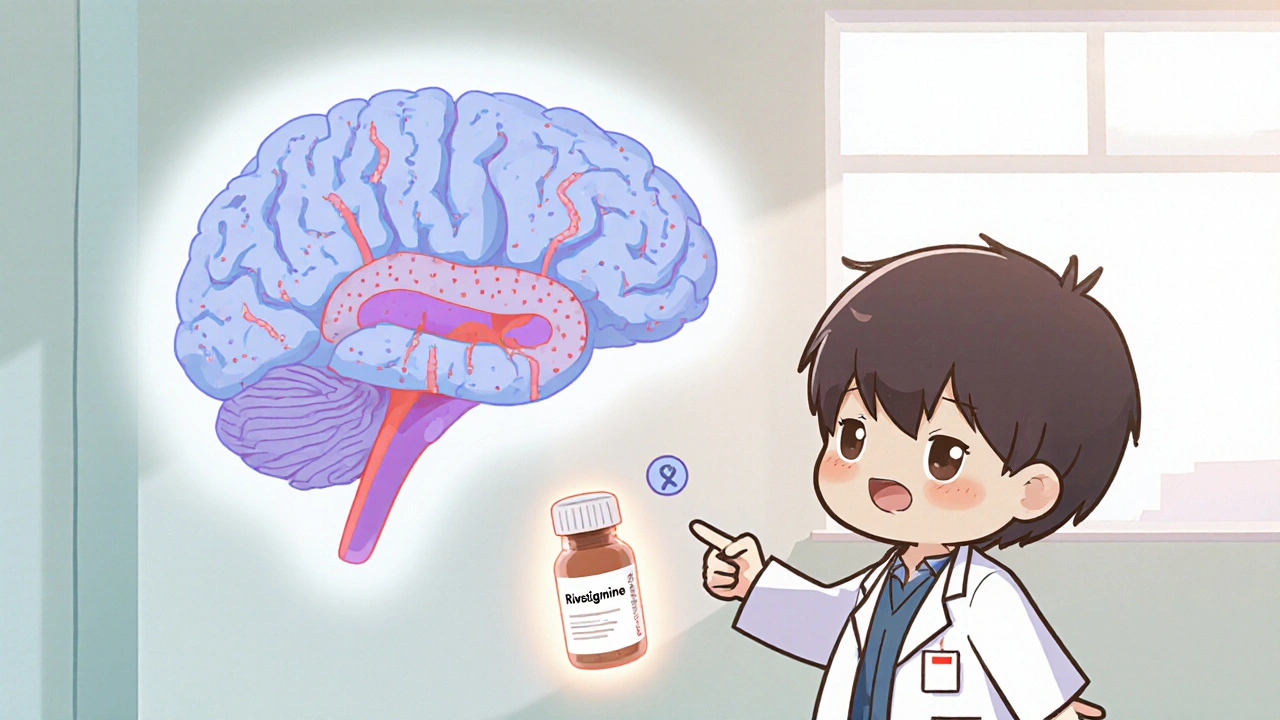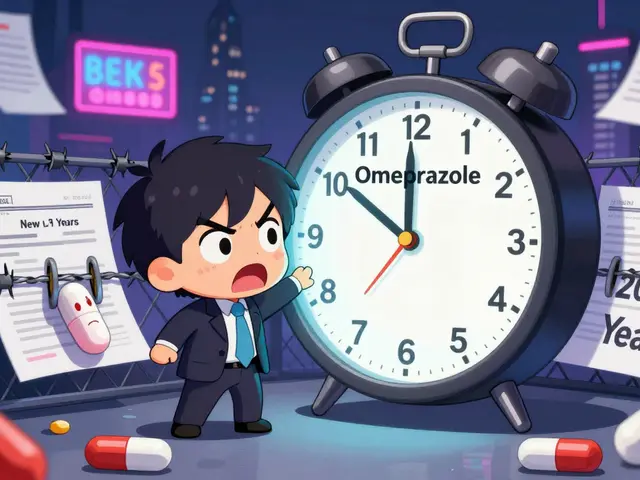Side Effects: What You Need to Know Before Taking Any Medication
When you start a new medication, side effects are often a big concern. Everyone wants to avoid feeling worse or having unexpected reactions. But understanding potential side effects ahead of time can help you be ready and reduce any surprises. Not every medication causes side effects, and many side effects are mild and temporary. Let’s unpack what side effects really mean and how to handle them smartly.
Why Do Side Effects Happen?
Medications work by changing how your body functions to treat or manage a condition. This change can affect other parts of your body too, which sometimes causes side effects. For example, a diuretic like Lasix helps your body get rid of extra water but can also lead to dizziness or dehydration if not managed well. Knowing what common side effects to watch out for can stop small issues from turning serious.
Different people react to the same medicine in different ways based on genetics, other meds they take, and overall health. That’s why a drug might cause a headache in you but not in your friend. It’s also why doctors tailor treatments and doses for each patient.
How to Manage Side Effects Practical Tips
First off, always read the medication guide that comes with your prescription or over-the-counter product. It lists known side effects and advice on what to do if you experience them. Don’t hesitate to call your doctor if something feels off. Some side effects, like mild nausea from prednisone alternatives, pass after a few days or weeks once your body adjusts.
Keep a symptom diary if you start a new medication — note when and what side effects occur. This helps your healthcare provider decide if the drug or dose needs to be changed. Also, never stop or change medication without consulting your doctor. Abruptly stopping can sometimes cause worse issues than the side effects themselves.
Lastly, lifestyle changes can reduce side effects. For example, staying hydrated can ease the headache or dizziness linked with some meds. Eating smaller meals might reduce stomach upset. If you notice unusual or severe effects like a rash, breathing trouble, or swelling, seek immediate medical help.
Knowing the realities of side effects empowers you to use medications safely and confidently. When you understand how side effects work and when to act, you take charge of your health instead of fearing the unknown. Check out our detailed articles on specific drugs for a deeper look at their side effects and safe usage tips.
Monitoring Antidepressant Efficacy vs Side Effect Burden: Patient Strategies

Learn how to track antidepressant effectiveness and side effects using simple tools like PHQ-9, daily mood logs, and therapeutic drug monitoring. Real strategies that help you know if your treatment is working-or if it's time to change course.
read morePalliative and Hospice Care: How to Balance Symptom Relief with Minimal Side Effects

Learn how palliative and hospice care balance effective symptom relief with minimizing dangerous side effects like drowsiness, confusion, and constipation. Evidence-based strategies for pain, breathlessness, and delirium.
read moreHow Rivastigmine Helps Treat Vascular Dementia - Benefits, Dosage & Risks

Explore how Rivastigmine works for vascular dementia, including evidence, dosing, safety, and practical tips for clinicians.
read moreMetoclopramide: Uses, Dosage, Side Effects & Safety Guide

Find out what Metoclopramide does, how to use it correctly, its common side effects, drug interactions and practical safety tips for patients.
read moreQuillaia Supplement Guide 2025: Benefits, Risks, Dosage, and Real Results

Curious about quillaia? Here’s a clear, evidence-based guide to benefits, risks, dosage, and how to buy it smart in 2025-without hype or guesswork.
read moreTylenol Guide: Everything You Need To Know About Acetaminophen Safety, Dosage, And Side Effects

If you keep Tylenol in your medicine cabinet, this guide gives you the real scoop. From decoding safe doses to the truth about liver risks, you'll get straightforward answers and tips on using acetaminophen wisely. You'll even find practical advice for families and examples of how people actually use (and sometimes misuse) Tylenol. Get the facts and feel confident next time you reach for that bottle.
read more



